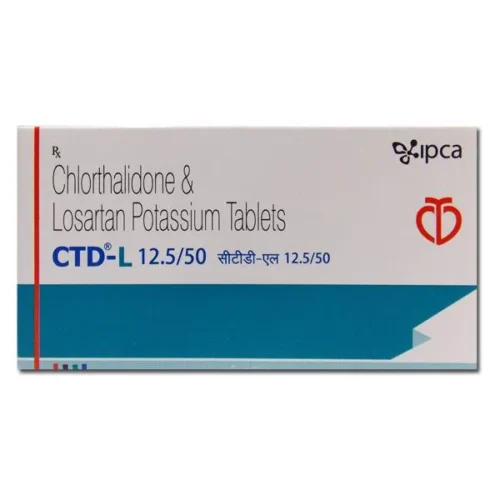Use:
This Tablet is a type of medicine that belongs to a class of medicines called sulphonylureas. It is used for the treatment of adults with Type 2 Diabetes mellitus. It helps to control blood glucose levels in adults with diabetes, thus avoiding serious complications such as kidney disease and blindness.
You can take This Tablet on its own or in combination with other medications. It is best to take it before or with your first meal each day. To get the most benefit, it is recommended to take it regularly at a consistent time each day.
Your doctor will determine the best dose for you, and this may vary depending on your blood sugar level.
Indication:
Even if you feel good or your blood glucose levels are under control, you should continue to take it. Stopping it without talking to your doctor could cause your blood glucose levels to increase, putting you at risk for diabetes complications like kidney damage and blindness, nerve damage, and limb loss.
Keep in mind that it is just one part of a comprehensive treatment plan that should include a nutritious diet, regular physical activity, and weight loss according to your doctor’s instructions. Your lifestyle is an important factor in managing diabetes.
Side Effects:
This Tablet has been associated with the following side effects:Low blood sugar, Nausea, Headache, Weakness, Dizziness, Low blood sugar levels, Sweating, Headache & Shaking.
To avoid low blood sugar, eat regularly and always take a fast-acting glucose source with you, such as sugary foods or fruit juice. Drinking alcohol increases the risk of low blood glucose and should be avoided. Some people experience weight gain with this medicine.
Safety Advice:
This Tablet should not be used by people with: Type 1 diabetes mellitus, Diabetic ketoacidosis, Severe kidney or liver disease.
Tell your doctor before taking this medicine if you have: Heart disease,Thyroid disease, Hormonal conditions.
Women who are pregnant or breastfeeding should consult their physician before taking this medicine.
Blood sugar levels should be monitored on a regular basis. Your doctor may also recommend blood tests to check your blood cell count and liver function.















